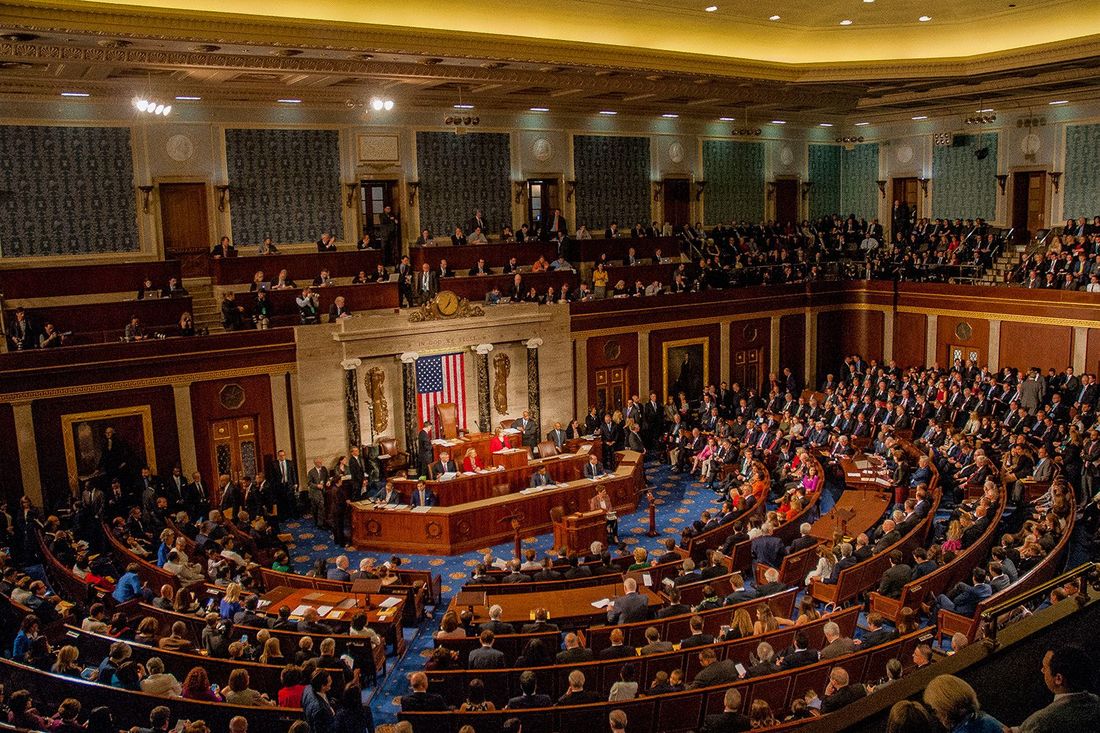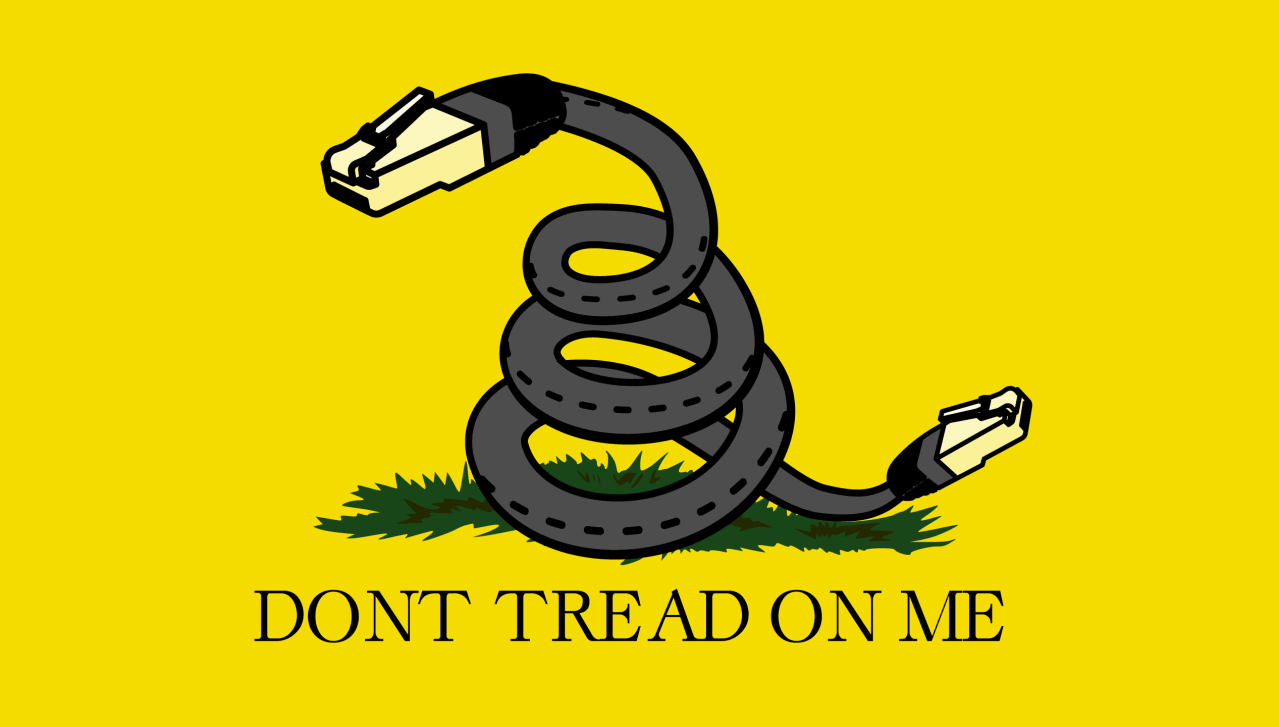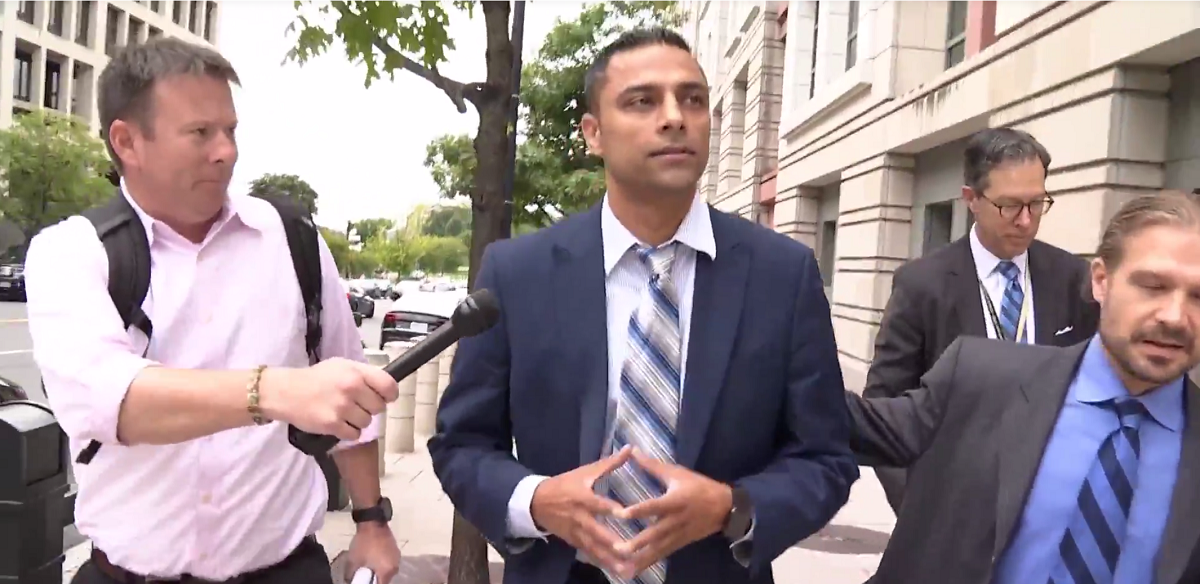Week in ReviewWeek in review compiled by: Shalin M, RepMD Volunteer, Baltimore City, Laura H, RepMD Volunteer, St Michael's, Lisa M, RepMD Volunteer, Baltimore City & Cristi D, RepMD Chair.
Week in review Week in review compiled by: Shalin M, RepMD Volunteer, Baltimore City, Laura H, RepMD Volunteer, St Michael's, Lisa M, RepMD Volunteer, Baltimore City & Cristi D, RepMD Chair.
|
Archives
October 2020
CategoriesAll Action Alert Annapolis MD Baltimore County Big Banks Candidate Endorsment Corruption DNC Scandal Drugs Elections EPA FCC Federal Nonsense Get Big Money Out Greenbelt MD Imran Awan Maryland Politics Military Money Laundering Monsanto Net Neutrality President Trump Prison For Profit Public Election Funds Puerto Rico Represent Maryland Sexual Harrasment Sinclair Broadcasting Small Money Certification Takoma Park MD Tax Payer Money Trump Volunteer Spotlight Voter Suppression Wall Street Week In Review |
|
© COPYRIGHT 2020 ALL RIGHTS RESERVED.
Paid for by Represent Maryland PAC. Authorized by B Tabatabai, Treasurer Not affiliated with any candidates, campaigns or parties. |










 RSS Feed
RSS Feed